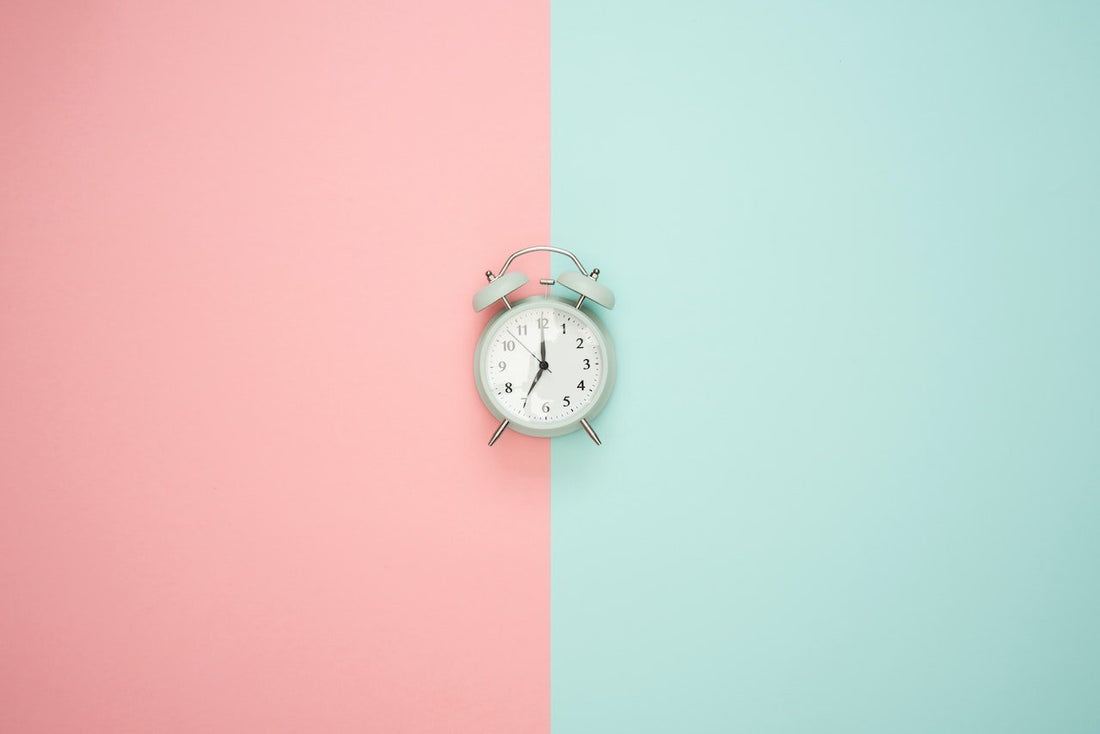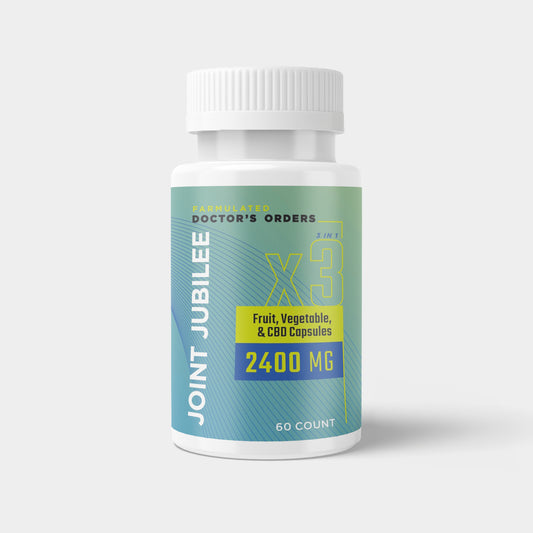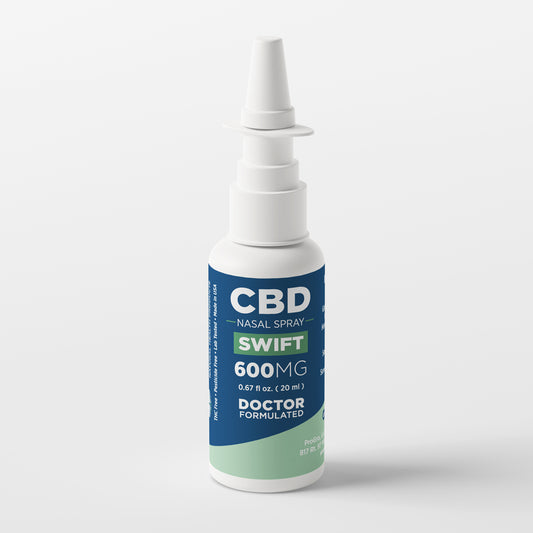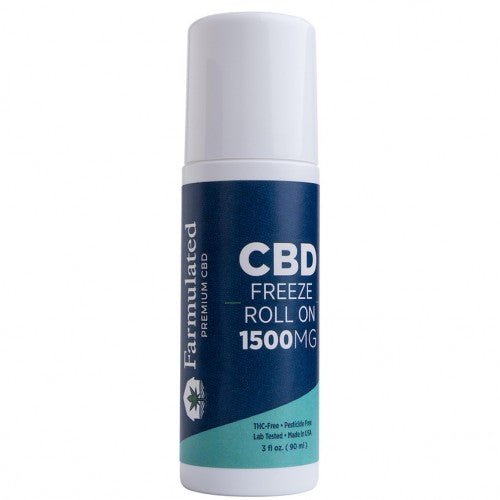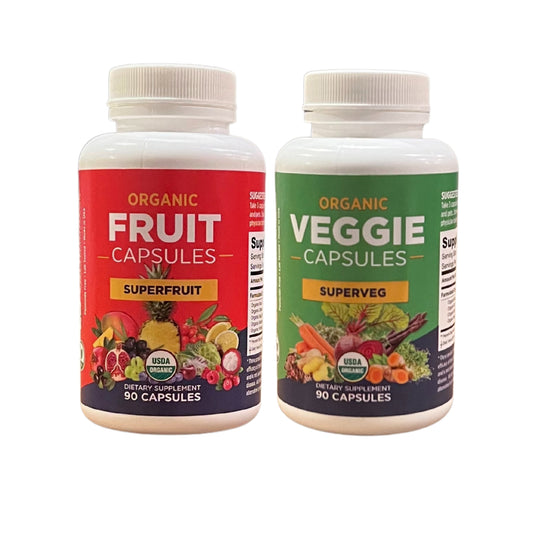CBD has been shown to have many potential health benefits, from relieving pain and anxiety to reducing seizures in people with epilepsy. In addition, some people use CBD oil as a natural way to relieve symptoms of various health conditions. But does CBD lose its effectiveness over time? Here's what you need to know.
What is CBD, and how does it work?
CBD is a type of cannabinoid, a chemical found naturally in cannabis plants. CBD differs from tetrahydrocannabinol (THC), the other prominent cannabinoid found in cannabis. CBD does not make people feel "stoned" or "high." CBD may help treat different medical conditions, such as pain, anxiety, and schizophrenia. CBD works by interacting with receptors in the brain. These receptors are part of the body's endocannabinoid system. This system helps to regulate things like mood, pain, and memory. CBD is thought to have anti-inflammatory, anti-anxiety, and antipsychotic effects. CBD is available as an oil or powder that can be added to food or drinks or taken as a pill. CBD is also available as a spray that can be applied under the tongue. Some people use CBD to try to relieve pain, but there is limited scientific research on whether it really works. More studies are needed to figure out how CBD might work for pain relief. CBD products are not currently regulated by the Food and Drug Administration (FDA). It is unclear whether CBD products are effective or if they are safe for most people. More research is needed before scientists can say for sure whether CBD products are helpful and if they have any risk of side effects. Some states allow the sale of CBD products with minimal amounts of THC (tetrahydrocannabinol). But it's important to know that these products are not necessarily safe just because they are legal in your state. It's always best to talk with your healthcare provider before trying any new supplement, particularly if you're taking medications that could interact with CBD products.
How long does CBD last in the body before it's metabolized or excreted?
CBD is metabolized by the liver and results in several metabolites that are then excreted in urine and feces. The effects of CBD can be detected in urine for up to 5 days after last consumption. CBD can also be detected in hair follicles for up to 90 days. However, it should be noted that CBD levels in hair follicles reflect cumulative exposure over time and may not indicate recent usage. So, while CBD may linger in your system for a few days or even weeks, its effects will dissipate relatively quickly.
Are there any factors that could affect how long CBD lasts in the body?
CBD can be taken in various forms, including capsules, oils, and topical creams. One common question about CBD is how long it lasts in the body. Unfortunately, there is no simple answer to this question. CBD levels can vary depending on a person's age, weight, metabolism, and how they take the CBD (for example, by mouth or through the skin). In addition, CBD products are not regulated by the FDA, so there can be variations in quality and potency. As a result, it is difficult to say how long CBD will last in any one person. However, some research suggests that CBD may stay in the system for several days or even weeks. So if you're curious about CBD, it's best to talk to your doctor about whether it might be right for you.
What are some ways to extend the life of CBD oil or capsules?
CBD oil and capsules are CBD products that are popular among CBD users. CBD oil is CBD that is extracted from the hemp plant and mixed with a carrier oil, such as coconut oil or hemp seed oil. CBD capsules are CBD products that are in pill form. CBD oil and capsules can be stored in a cool, dark place, such as a cupboard or drawer, for up to six months. After six months, the CBD oil or capsules should be used within one month. There are several ways to extend the life of CBD oil or capsules. One way is to store the CBD oil or capsules in a dark glass bottle with a tight-fitting lid. Another way to extend the life of CBD oil or capsules is to keep them in a cool, dark place, such as a refrigerator. Finally, it is essential to keep CBD oil and capsules away from light, heat, and air.
Can you take too much CBD and experience adverse effects?
CBD is generally considered safe and well-tolerated, with minimal side effects. However, it is possible to take too much CBD. Taking large amounts of CBD can cause drowsiness, dry mouth, and gastrointestinal distress. In rare cases, CBD may also cause liver damage. As with any compound, it is crucial to start with a low dose and increase gradually as needed. This will help you avoid any adverse effects of CBD and ensure that you get the most benefit from this compound.
How can you tell if CBD is losing its effectiveness for you, and what can be done about it if that's the case?
CBD may not always be effective, and some may find it loses its efficacy over time. There are a few signs that CBD may be losing its effectiveness for you. First, you may notice that you need to take higher doses of CBD to achieve the desired effects. Additionally, you may find that CBD doesn't work as well as it used to or that the results don't last as long. If you notice any of these changes, CBD may be losing its effectiveness for you. You can do a few things to try to counteract this effect. First, you can increase the frequency or amount of CBD you take. You can also experiment with CBD products, such as oils, edibles, or topicals. Finally, you can try switching to a different method of taking CBD altogether if nothing else works. If you're concerned that CBD is no longer working for you, talk to your doctor or a qualified healthcare professional to discuss your options.

